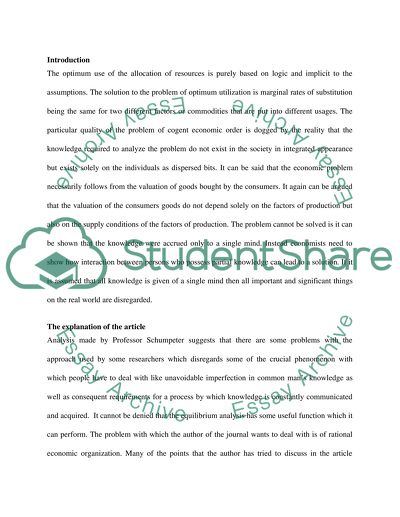Cite this document
(“Micro Economics Report Essay Example | Topics and Well Written Essays - 2000 words”, n.d.)
Micro Economics Report Essay Example | Topics and Well Written Essays - 2000 words. Retrieved from https://studentshare.org/macro-microeconomics/1465834-micro-economics-report
Micro Economics Report Essay Example | Topics and Well Written Essays - 2000 words. Retrieved from https://studentshare.org/macro-microeconomics/1465834-micro-economics-report
(Micro Economics Report Essay Example | Topics and Well Written Essays - 2000 Words)
Micro Economics Report Essay Example | Topics and Well Written Essays - 2000 Words. https://studentshare.org/macro-microeconomics/1465834-micro-economics-report.
Micro Economics Report Essay Example | Topics and Well Written Essays - 2000 Words. https://studentshare.org/macro-microeconomics/1465834-micro-economics-report.
“Micro Economics Report Essay Example | Topics and Well Written Essays - 2000 Words”, n.d. https://studentshare.org/macro-microeconomics/1465834-micro-economics-report.


